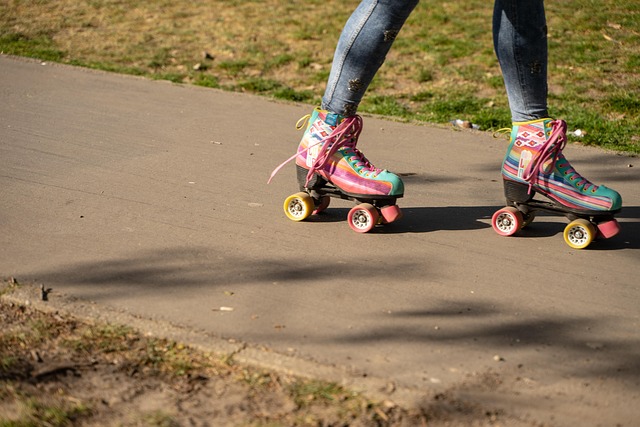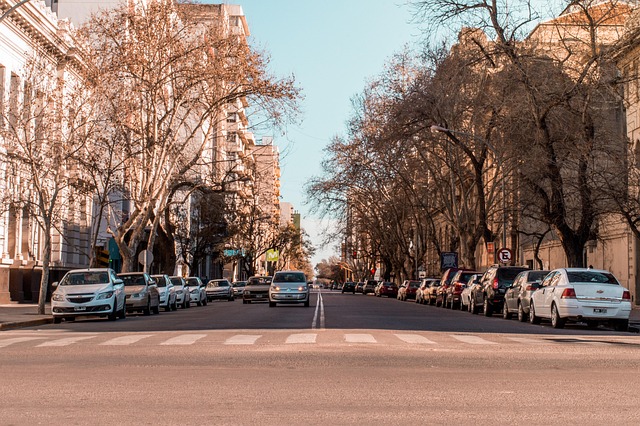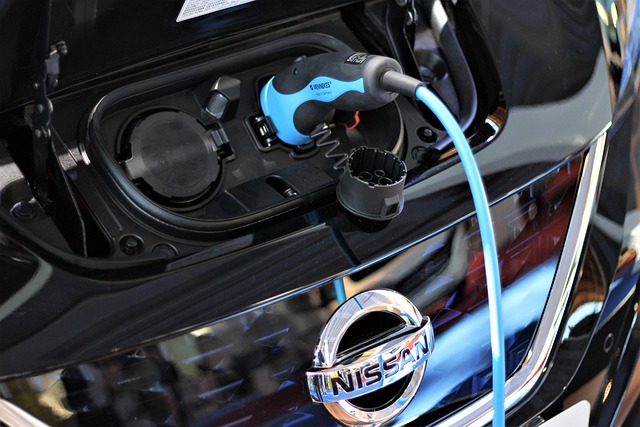Embracing the Future of Bicycle Storage for Sustainable Mobility
As cities around the globe grapple with the challenges posed by climate change, the movement towards sustainable development has never been more crucial. A key player in this transformation is the humble bicycle—a mode of transport that not only promotes health and well-being but also offers a promising solution to reducing our ecological footprint. However, to truly harness the benefits of cycling, we must consider innovative bicycle storage solutions that align with our goals of carbon neutrality.
The Role of Bicycle Storage in Sustainable Development
With urban populations surging, cities are increasingly prioritizing green technologies to counteract the harmful effects of fossil fuel reliance. Bicycle storage plays a pivotal role in this endeavor. By encouraging more people to opt for cycling, we can significantly diminish greenhouse gas emissions and reduce traffic congestion. Adequate and secure bicycle storage facilities can eliminate the worries that often prevent individuals from choosing this eco-friendly transportation option over cars.
Innovative Storage Solutions: A Step Toward a Greener Future
From smart bike lockers to integrated bike-sharing systems, innovative bicycle storage solutions are now at the forefront of urban planning. These advanced facilities not only protect bicycles from theft and weather damage, but they also promote a cycling culture. The installation of bike racks in public spaces, workplaces, and residential areas can inspire more people to embrace cycling as a viable alternative to driving.
Imagine a city where biking is the norm, aided by secure storage options that cater to everyone—cyclists can easily park their bicycles at transit hubs, residential buildings, and commercial areas, making the transition from bike to other modes of transport seamless. Such integrations enable cities to gradually shift toward carbon neutrality.
Reducing Our Ecological Footprint Through Smart Design
When we think about bicycle storage, it becomes apparent that spatial design plays a significant role in our ecological footprint. Sustainable materials and energy-efficient designs are critical aspects of storage solutions that minimize environmental impact. Implementing solar-powered bike lockers or using recycled materials in bike storage facilities can further enhance sustainability while addressing the plight of resource depletion.
Moreover, incorporating nature into storage designs—such as green roofs on bike storage facilities or vertical gardens—can help improve urban air quality while promoting biodiversity. It’s not just about where we store our bikes; it’s about how we create spaces that enrich our environment and our experience as riders.
The Bigger Picture: Green Technologies and Carbon Neutrality
As we champion the shift to bicycles as a key solution in achieving carbon neutrality, it’s essential to remember that our choices matter. Investing in bicycle storage that utilizes green technologies empowers us to take personal responsibility for our ecological impact. The cumulative effect of small actions, like choosing to bike over driving, reinforces the goal of creating a sustainable future that respects and nurtures our planet.
By fostering a culture where bicycling is prioritised, backed by secure and innovative storage solutions, we pave the way for a healthier, more sustainable transportation landscape. This isn’t just about moving from point A to B; it’s about delivering a promise of responsibility, resilience, and respect for our environment. Together, we can create a society that values mobility as a key facet of sustainable living.




